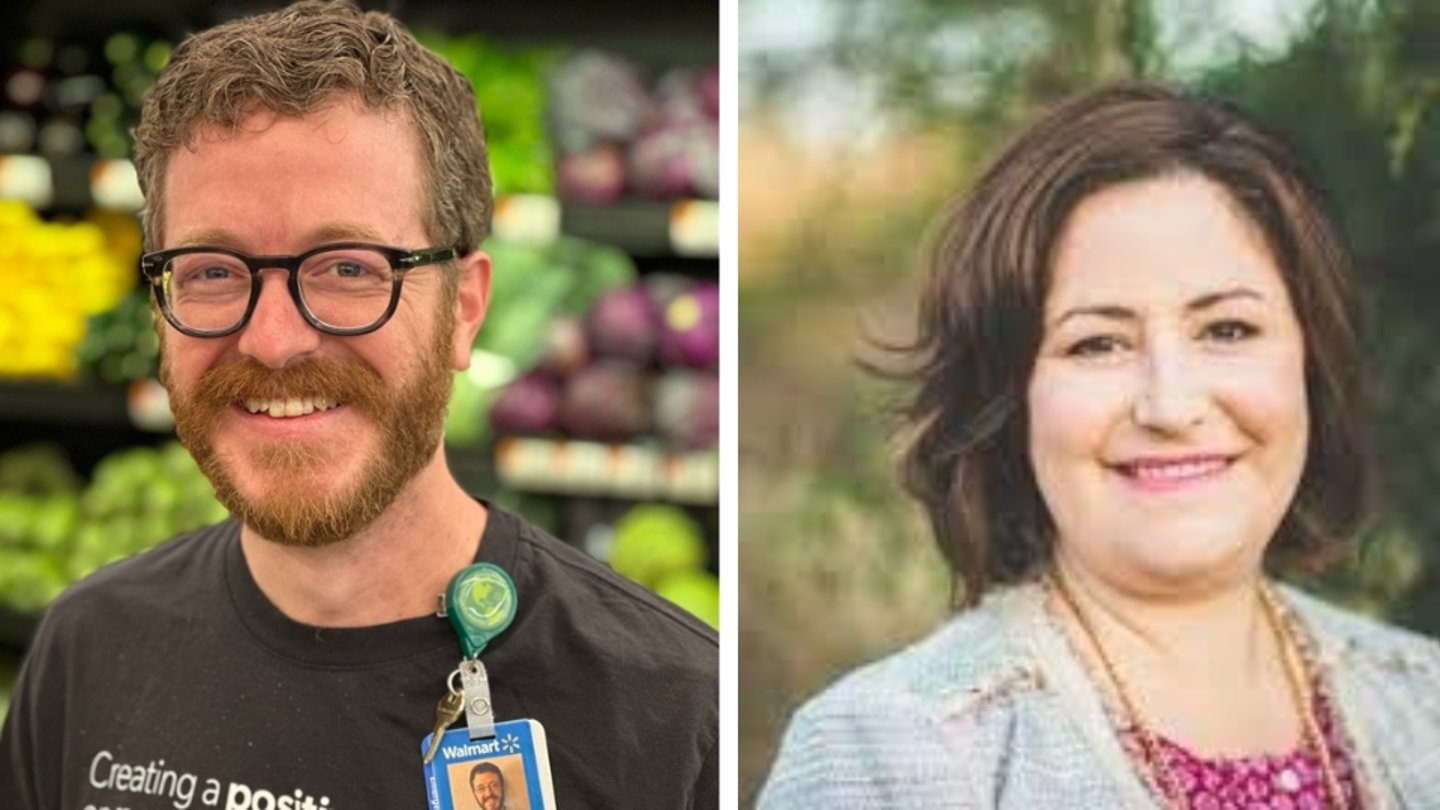Feeding Billions By Wasting None: The Food Industry Must Step Up to the Plate On Food Waste
Currently, around one-third of all the food produced doesn’t get eaten each year. These 1.3 billion tons of food waste account for 8% of total global emissions, so ending food waste could have a huge impact on minimizing climate change.
When food is lost or wasted, all the resources that were used to produce it — including energy, water, land, labor and capital — also go to waste. In addition, the disposal of waste food in landfills results in high levels of the greenhouse gas methane going into the atmosphere.
As things stand, 10% of the people on this planet don’t have enough to eat, even though we are growing enough for everyone. We cannot have a situation where that number of people go hungry while such large volumes of food get wasted.
- See also: The New KPIs for Sustainable Innovation
Next Monday(October 16) is World Food Day, a good moment for our sector to demonstrate how we aim to catalyze collective action on combating food waste and reflect on how we can all do more. Most food companies and retailers have programmes for food waste reduction. The question is: how do we drive the scale and pace of change that we urgently need?
First, we need to look at what we as an industry can change. The United Nations Environment Programme estimates that around 13% of food is wasted during farming, production and transportation. Collective action from food companies, retailers, farmers and manufacturers is vital to tackle the problem together. We need to rethink and upgrade our processes.
At the center of the food value chain, food manufacturers and retailers are uniquely positioned to lead global efforts to reduce food loss.
The primary way we avoid food waste in our operations at Walmart is by increasing the sell-through of food products. We have strengthened our forecasting and ordering tools to improve inventory flow, adjusted store fixtures to increase product turnover, enhanced distribution centers and offered discounts on food that is close to its expiration date.
From April 2021 to March 2022, Walmart stores and clubs in the U.S. sold more than 190 million food units through discount programs. When food goes unpurchased, Walmart associates work to maximize its use by getting it to people and places that need it.
Likewise, at Kellanova, minimizing food waste is crucial to delivering our Better Days Promise to advance sustainable and equitable access to food, creating better days for four billion people by the end of 2030. In manufacturing, we maximize the conversion of raw materials into finished products – helping to significantly reduce waste.
We also partner to feed people who are facing food insecurity through food donations. Our predecessor, Kellogg Company, proudly fed 252 million people facing food insecurity since 2015. As Kellanova, we will continue this work, aiming to feed 400 million by the end of 2030.
For all food businesses, there is the question of how we use technology and human intelligence to better work out how to sell more of what’s been produced. A solid plan would consist of three actions:
First, establish a baseline of exactly how much food is being wasted and set concrete targets. You can’t manage what you don’t measure, so it’s essential to assess the scale of the issue and quantify the response.
Secondly, develop waste-cutting initiatives in priority areas with partners across the value chain. For example, work with suppliers to identify and address any specific points of food loss — like just after harvest, when 30% of it occurs — then collaborate on trialing innovations to remove them.
Lastly, put the enablers for sustained change in place — by rolling out the new technologies and practices that you’ve successfully piloted.
To come up with this plan and implement it, the food industry must pull together. No company can address such systemic issues alone. To ensure the level of change required, organizations must be transparent, share learnings and adopt best practices.
That’s why The Consumer Goods Forum’s Food Waste Coalition of Action exists. It brings together 21 of the world’s largest retailers and manufacturers — including both our companies, as well as Sainsbury’s, Tesco, and Unilever — to cut global food loss. It’s all about joining forces to drive change, underpinned by tangible commitments.
Many businesses are already working hard to combat this enormous environmental and social problem — but we know that more is needed at every level of society. Food companies and retailers can’t drive the change we need without inspiring and empowering many more consumers around the world to prevent food waste too. Every food company should use their influence and reach to inspire greater consumer behavior change — from clarity around date labels to tips on reusing leftover food.
As part of our ongoing efforts to tackle food waste, we are supporting The Consumer Goods Forum’s new #TooGoodToWaste campaign, launched last month to help share resources and insights between businesses and enable faster progress. This initiative is all about member companies sharing best practice insights with one another and ultimately helping each other package up compelling information and advice for the consumers that each of them reaches.
To help purposefully address the climate crisis, our sector must come together to address the systemic problems that result in food waste of such proportions. We must keep stepping up our efforts. We all have a crucial role to play, not only in feeding everyone, but also in keeping our planet liveable.
Chris Franke is senior manager of global sustainability at Walmart, and Janelle Meyers is chief sustainability officer at Kellanova. Both are members of The Consumer Goods Forum’s Food Waste Coalition of Action.






